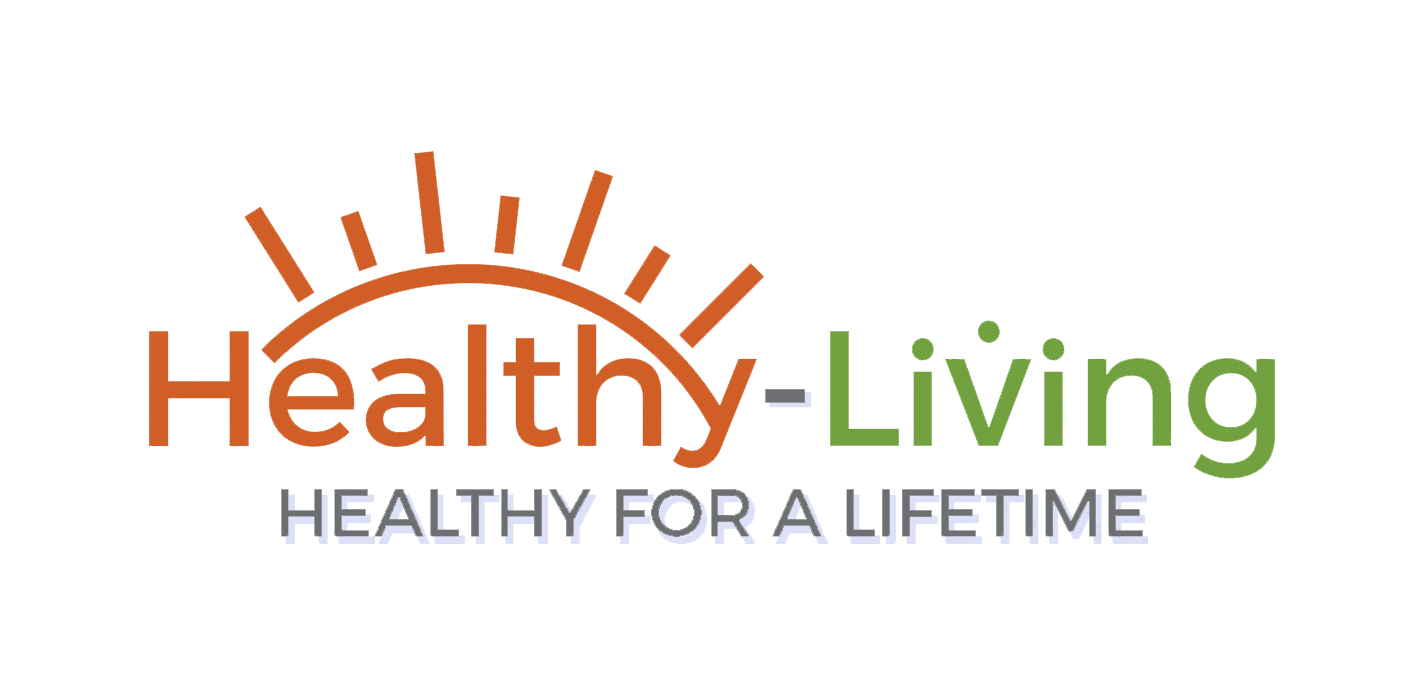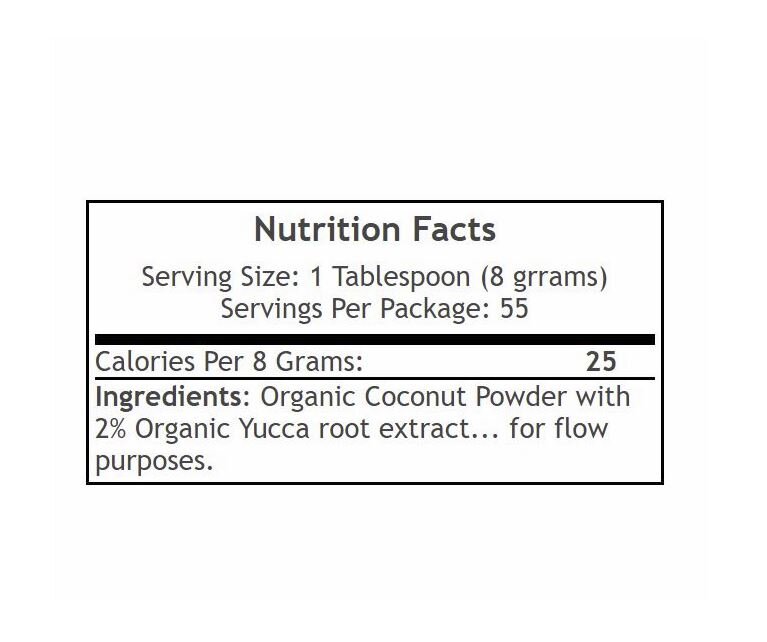How to Use
Take two to six capsules per day. Maintenance: one capsule two times a day. Therapeutic: two capsules three times a day. May be taken with or without food.
Cognitive Resilience — helps you retain the most important part of a happy life — Your Brain!
As a friend once said, "Of all the things I've ever lost, I miss my brain the most!"
The ability to think, recall, reminisce, ponder, consider, choose and plan is what makes life great. Cognitive impairment, therefore, strikes at the very core of one's potential for a happy life.
Cognitive Resilience helps one's brain battle the effects of aging, free radical damage, sugar-cross-linking, amyloid plaquing — all of which damage brain tissue, synapses, and cognitive function.
Cognitive Resilience incorporates powerful herbal and botanical extracts that are receiving much attention in neuroscience research and brain retraining applications.
Cognitive Resilience's botanical compounds go beyond simple brain tissue protection. These ingredients stimulate the growth of new brain cells to replace damaged ones, helping the brain grow younger and more capable.
In another breakthrough capability, Cognitive Resilience improves the quality of REM sleep, which helps reverse, more than anything else, the damage of stress and trauma.
These Are the Ingredients in Cognitive Resilience and Why They Are Included:
Lion’s Mane Hericium Erinaceus triggers neurite outgrowth and regeneration of damaged nerves. Its polysaccharides help with neuronal differentiation and promote neuronal survival. It has been found to help after ischemic strokes to prevent cell death and to help cells recover their health after loss of blood supply. Cognitive function scale scores increase continuously with intake.
Curcumin (Turmeric) is an Indian herb used from ancient times and is still used in curry powder. It has been extensively studied in modern medicine and Indian systems of medicine for the treatment of various medical conditions, including cystic fibrosis, hemorrhoids, gastric ulcer, colon cancer, breast cancer, atherosclerosis, liver diseases, and arthritis. It has been used in various types of treatments for dementia and traumatic brain injury.
Curcumin has a potential role in the prevention and treatment of Alzheimer's Disease. Curcumin as an antioxidant, anti-inflammatory, and lipophilic action improves the cognitive functions in patients with AD. A growing body of evidence indicates that oxidative stress, free radicals, beta-amyloid, cerebral deregulation caused by bio-metal toxicity, and abnormal inflammatory reactions contribute to the key event in Alzheimer's disease pathology. Due to various effects of curcumin, such as decreased Beta-amyloid plaques, delayed degradation of neurons, metal-chelation, anti-inflammatory, antioxidant, and decreased microglia formation, the overall memory in patients with Alzheimer's Disease has improved
Curcumin can boost brain-derived neurotrophic factors. One of the main drivers in the process of plasticity (making new brain connections, IE, learning) is the brain-derived neurotrophic factor (BDNF).
Curcumin has shown some promise in treating depression. In a controlled trial, 60 people with depression were randomized into three groups. One group took Prozac, another group took 1 gram of curcumin, and the third group took both Prozac and curcumin. After 6 weeks, curcumin had led to improvements similar to those of Prozac.
Lemon Balm has helped in numerous studies to delay and/or completely prevent Alzheimer's processes.
Bacopa monnieri is an ancient herb used in Ayurvedic medicine to enhance brain function. Several studies have found that Bacopa monnieri supplements can speed up information processing in your brain, reduce reaction times and improve memory.
Red Wine concentrate has been shown to protect against a decline in neural activity in those parts of the brain that typically decline once dementia has begun. The is important because the earlier one intervenes with red wine concentrate supplementation the less damage will occur.
Frequently Asked Questions About Cognitive Resilience
What are the most important factors in maintaining good brain function and memory recall?
The simple answer to a complex question: Oxygen in the brain and brain tissue plasticity.
First, whatever will help maintain a good flow of oxygen-laden blood throughout the body, and especially a high transfer rate of oxygen from the blood into the interior of brain cells is essential to ensuring good brain and memory function. Secondly, growing new dendrites.
Damaged cell and mitochondrial membranes can impede oxygen transfer from the blood into the cells and mitochondria. Therefore, damaged membranes must be repaired to improve oxygen levels in the brain and to enable new tissue growth. Science is still learning how best to repair cell and mitochondrial membranes. More oxygen, spices, exercise, oxygen-carrying fatty acids are always good because they stimulate blood flow. The membrane repairing ingredients in our Cognitive Resilience formulation is extremely helpful for this.
What Is Unique About Our Cognitive Resilience Product?
Its uniqueness is its therapeutic ingredient levels. Cognitive Resilience includes five ingredients in significant amounts. Most other products either include so little of each ingredient that the contribution of that ingredient is mostly to make an impressive looking label, but actually does very little to help improve one's life. The amount of each ingredient in Cognitive Resilience is significant... in amounts that studies show actually help.
Does a Decline in Brain Function and Memory Recall Matter?
Actually yes. More than any other factor besides pain, brain function and memory are what contributes to happiness. The memory of family and friends is the single greatest contributing factor behind happiness. Pain can be masked temporarily. So, the condition of one's brain really is the number one factor behind happiness.
What Studies and Scientific References Are There Regarding the Components of Cognitive Resilience?
Here's a starting list... and there will undoubtedly be many more in the next one hundred years of scientific research:
Lion's Mane
Neuronal Health – Can Culinary and Medicinal Mushrooms Help?
9 Health Benefits of Lion's Mane Mushroom (Plus Side Effects)
Turmeric (Curcumin Longa)
The effect of curcumin (turmeric) on Alzheimer's disease: An overview
Curcuma longa L. extract improves the cortical neural connectivity during the aging process
Therapeutic Potential of Curcumin for the Treatment of Brain Tumors
Lemon Balm
Bacopa
Neuropharmacological Review of the Nootropic Herb Bacopa monnieri
Mechanisms, Efficacy, and Safety of Bacopa monnieri (Brahmi) for Cognitive and Brain Enhancement
Mechanisms, Efficacy, and Safety of Bacopa monnieri (Brahmi) for Cognitive and Brain Enhancement















